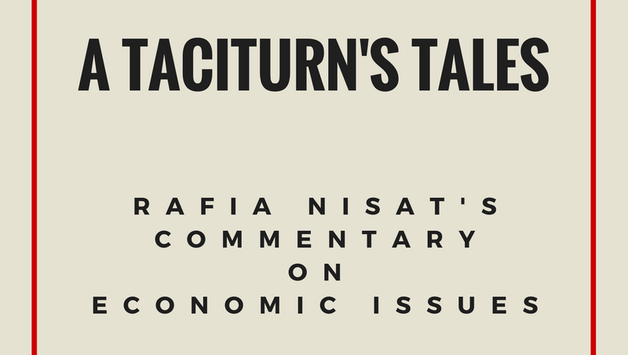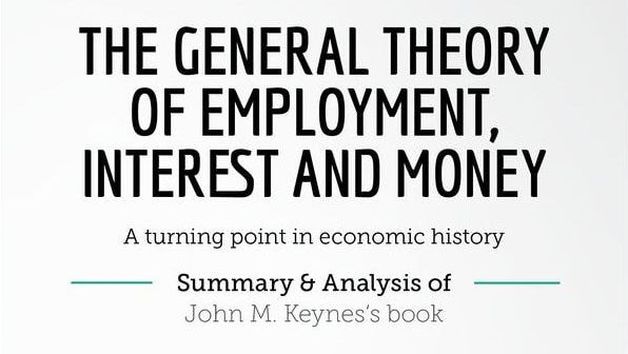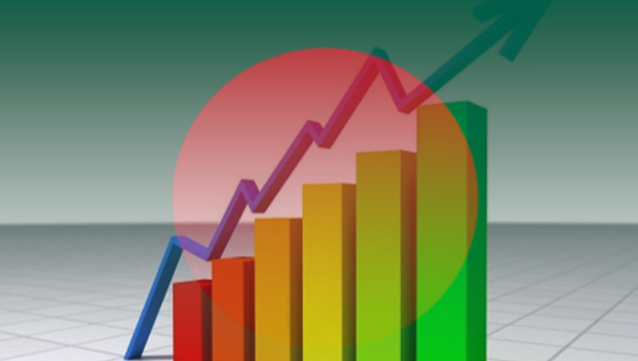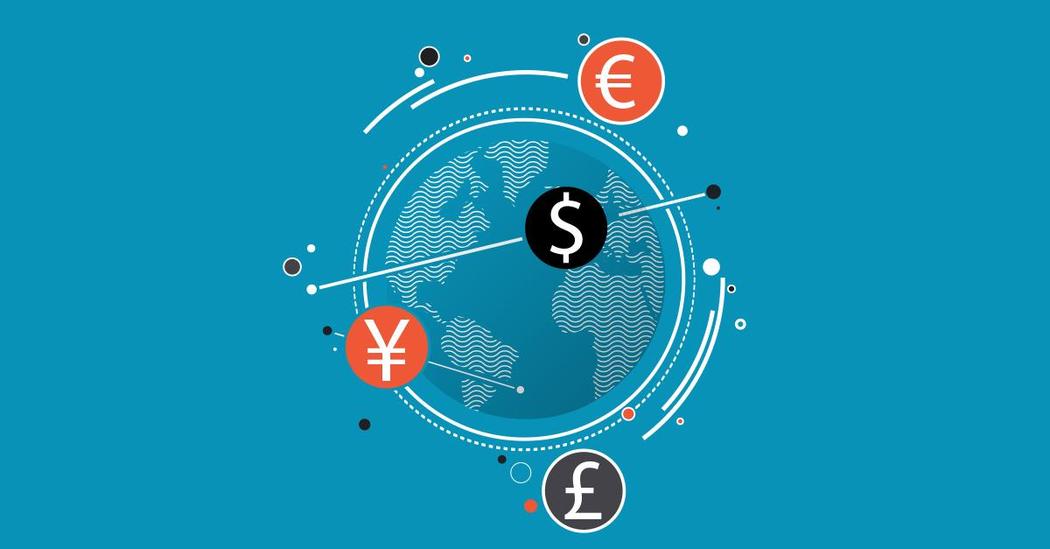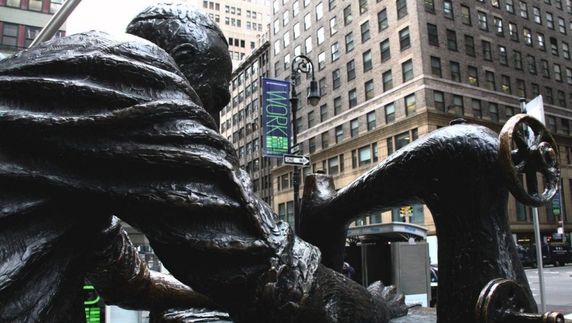ECONOMICS STUDY CENTER, UNIVERSITY OF DHAKA
|
Rafia Nishat The financial crisis or the credit crisis that initiated in the U.S in 2007 and subsequently hit the rest of the world is by far the most enthralling economic tale I have come across. Although devastating in its own nature and consequences, a global event of such catastrophic scale is indeed mind blowing as we delve into studying its complicated dynamics.
What are the words that we normally see if we google about this? Sub Prime Mortgages? Housing Price Bubble? Collateralized debt obligations? Credit default swaps? These are indeed seemingly difficult terms with even more difficult meanings and astounding applications. Thus keeping this tale concise and basic is probably going to be difficult but it’s worth a try.
1 Comment
Farzin Mumtahena, Jinat Jahan Khan, Sumiya Tasnim Oyshee, Masafi Mustafa Haider Most of us are familiar with the term “Keynesian economics” but know very little about the roots of this concept. Keynesian economics gets its name and principles from British economist John Maynard Keynes (1883–1946), who is regarded as the founder of modern macroeconomics.
And none other than his book The General Theory of Employment, Interest, and Money sought to bring about a revolution (commonly referred to as the Keynesian Revolution) and became the cornerstone of Keynesian thought. Background When most countries of the world were experiencing the gravest depression of the last two hundred years (1929-36), economists of the time faced a challenge in the problem of increasing unemployment, shrinking national income, falling prices and failing firms. While conservative economists waited for the free- economic system to correct its ailment itself, Keynes believed otherwise. This led to the publication of his most famous work- The General Theory of Employment, Interest, and Money in February 1936. Written during the height of the depression, the book offered a new explanation of the depression and the unemployment that plagued it. Summary The General Theory of Employment, Interest, and Money is mainly focused on some factors like unemployment, inflation, the supply of money, a nation's total output and income, etc. There are also some ideas about unemployment equilibrium, liquidity traps, the paradox of thrift and the importance of capital overhang. The main plank of Keynes’s theory is the assertion that aggregate demand—measured as the sum of consumption, investment, government purchases, and net exports —is the most important driving force in an economy. Before the publication of this book, labor market rigidity was held responsible for preventing working wages from falling to a point where supply and demand were in equilibrium. But Keynes wrote in his book that unemployment might be caused by dampened demand for goods and services during a recession, thus making state intervention absolutely necessary to encourage booms in the economic cycle. নিশাত তাসনিম আনিকা, মাহির ফারহান খান, তানজিম-উল-ইসলাম ব্যাংকখাতের সমস্যা সমাধান করা প্রয়োজন নিশাত তাসনিম আনিকা গত রবিবার জাতীয় রাজস্ব বোর্ডের সঙ্গে প্রাকবাজেট আলোচনায় সরকারের কাছে আগামী বাজেটে ব্যাংকখাতের সুষ্ঠু ব্যবস্থাপনার দিক-নির্দেশনা চেয়েছে ব্যবসায়ীদের অন্যতম সংগঠন মেট্রোপলিটন চেম্বার অব কমার্স অ্যান্ড ইন্ডাস্ট্রিজ (এমসিসিআই)।
এমসিসিআই সভাপতি নিহাদ কবিরের মতে, চলমান তারল্য সঙ্কট থেকে ব্যাংকগুলোকে উত্তরণ ঘটাতে এবারের বাজেটে ব্যাংক খাতের প্রতি বিশেষ নজর দিতে হবে। Tanjim-Ul-Islam, Shudipto Ahmed, Khandakar Iffah, Namira Shameem Crypto Mania is Coming to an End
Tanjim-Ul-Islam Bitcoin has been an enigma for a while. Last year, prices started skyrocketing and then fell. Currently, price level stands at one-third of its peak price. Large financial institutions, including Barclays Bank, is trying to make sense of this situation. Barclay’s “Equity Gilt Study 2018” describes crypto-technology as “a solution still seeking a problem”. Tahmid Hasan  LDC Graduation’ has been quite the buzzword for the past one month in Bangladesh. Bangladesh has been in the LDC or Least Developed Countries bloc since 1975. On this year’s March, the latest round of country reviews by the UN Committee for Development Policy revealed that Bangladesh entered the graduation process of earning the title of ‘Developing Country’ and projected that the country will get out of the LDC category by 2024. Tashfia Ahmed I was on my way to get my hair done like any proper upper-middle-class female should be, when I ran into one of the numerous carts around Dhaka that sell clothes.
There’s a persona I take on when I’m shopping from these carts; I pretend to casually look at the selection when an inner monkey in my head is jumping and burrowing into it to find gold. Which I did. A cardigan and a pair of leggings. With H&M labels. They HAD to be mine! |
Send your articles to: |
